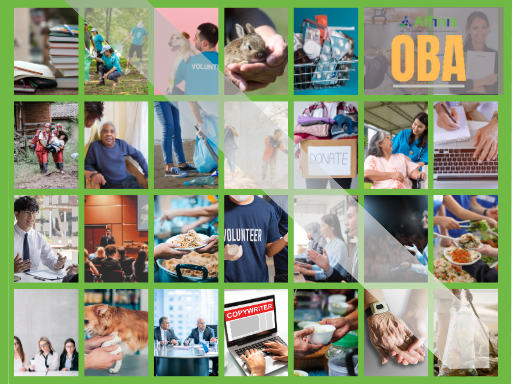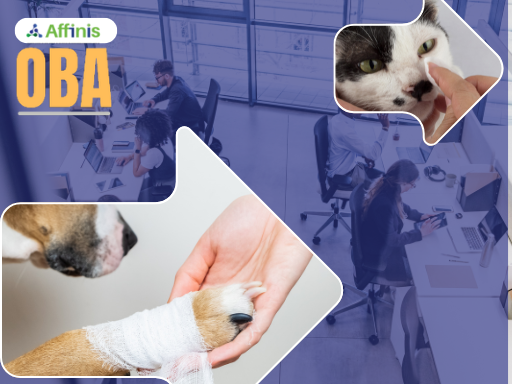Everyone has aims and aspirations outside of work, personal or professional. Such aspirations may no financial or economical implications (such as wanting to do volunteer work or advancement in a performing arts field). Or they may indeed have financial or economical implications, such as wanting to buy a new home, which in turn may require picking up another job, whether after hours or on weekends.
Other such examples are writing expert articles or a position in a professional committee or a speech at a gathering of professionals. The possibilities and alternatives through which such aspirations and aims are fulfilled are numerous.
And similarly numerous are the cases where such pursuits lead to a conflict of interest (real or perceived) with your role as an employee in an organization. While such pursuits can and do foster personal and professional growth, it is important that the risks arising out of potential conflicts of interest, regulatory violations, and reputational risks are pre-addressed.
Your expert article may conflict with a “house-view” of your employer.
Your speech may reveal information that can be contextually read to reveal confidential data about your organization.
Your volunteering role may be with a non-profit that rates and ranks your organizations contributions with a material financial and reputational impact.
Your second job may be with a competitor’s subsidiary, leading to potential allegations of corporate espionage.
Your fund-raising charity activities may put you at odds with the independence necessary to perform your role in client snooping or IP theft.
Or your second job may simply not leave you with the time, energy or capacity necessary to be able to meet the requirements of your current role, leading to a negative impact on your organization and its clients.
These are all considerations for your compliance officer and ethics compliance team to keep in mind.
Effective management of conflicts arising from outside activity is no longer a “nice-to-have”. It is fast becoming a must-have to safeguard organizational interests while promoting a culture of transparency and ethics. This starts with an approval process. Such approval processes can be significantly sped up and automated with compliance software like Affinis(OBA) which integrate further with other internal systems to make compliance efforts seamless.
Understanding the Regulatory Framework
Organizations operate in a complex regulatory landscape. This ever-evolving landscape increases the need for careful oversight of employees’ outside or external business activities.
In fact, regulations such as FINRA Rule 3270 in the United States mandate employees to disclose and seek outside business activity approval before engaging in activities like officer or director positions, consulting or teaching roles, volunteer work, after-hours jobs and speaking engagements. Moreover, government employees face even stricter restrictions, with limits on income from second jobs or media engagements. Managing these require compliance policies to enable procedures that can review and root out potential for conflicts of interest and regulatory penalties. Policies, of course, need to be backed up with procedures for compliance, including usage of systems such as Affinis(OBA) for pre-clearing and pre-reviewing compliance.
Documentation and evidentiary trails are also crucial to maintain compliance. Employers often need to record the disclosures, reviews, approvals, conditions and restrictions as well as manner and method of ongoing monitoring to demonstrate adherence to regulatory frameworks.
Building an Effective Approval System
The backbone of second job compliance approval lies in a structured approval system, supported by technology. Here’s how organizations can create an efficient process:
- Standardized Submission Process: Standard process for employees to provide descriptions of the proposed activity, time commitments as well as compensation information
- Use of Automated Workflows: Leveraging conflict management compliance software helps streamline processes. Modern platforms like Affinis(OBA) also integrate directly with HR systems to automate requests, route approvals, and maintain audit trails.
- Regular Monitoring: Employees can also be requested to submit periodic attestations about their activities. Automated systems also be used to ensure updates are tracked, while reviews of approved activities identify any risks or deviations.
Installing systems for employees to raise requests and organizationally review and record all information significantly mitigates associated risks. Expertise for the application of judgement may lie across various places within the organization; systems and procedures with inherent capabilities to support multi-disciplinary review are the most effective.
Modern organizations, needing to strike a balance between employee freedom and self-expression, conflicting interests and regulatory compliance, face a tough time when it comes to managing within a set timeline. Employees that understand the basics of why such reviews are needed and organizations using automated software for policy and procedural compliance create the sweet spot for balance.




